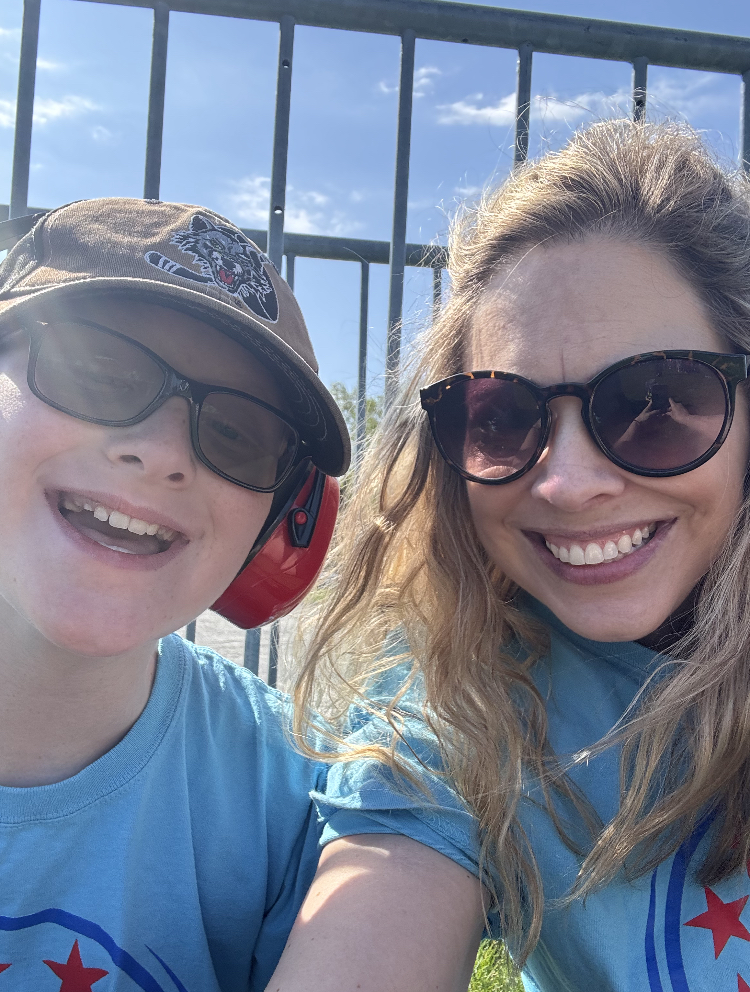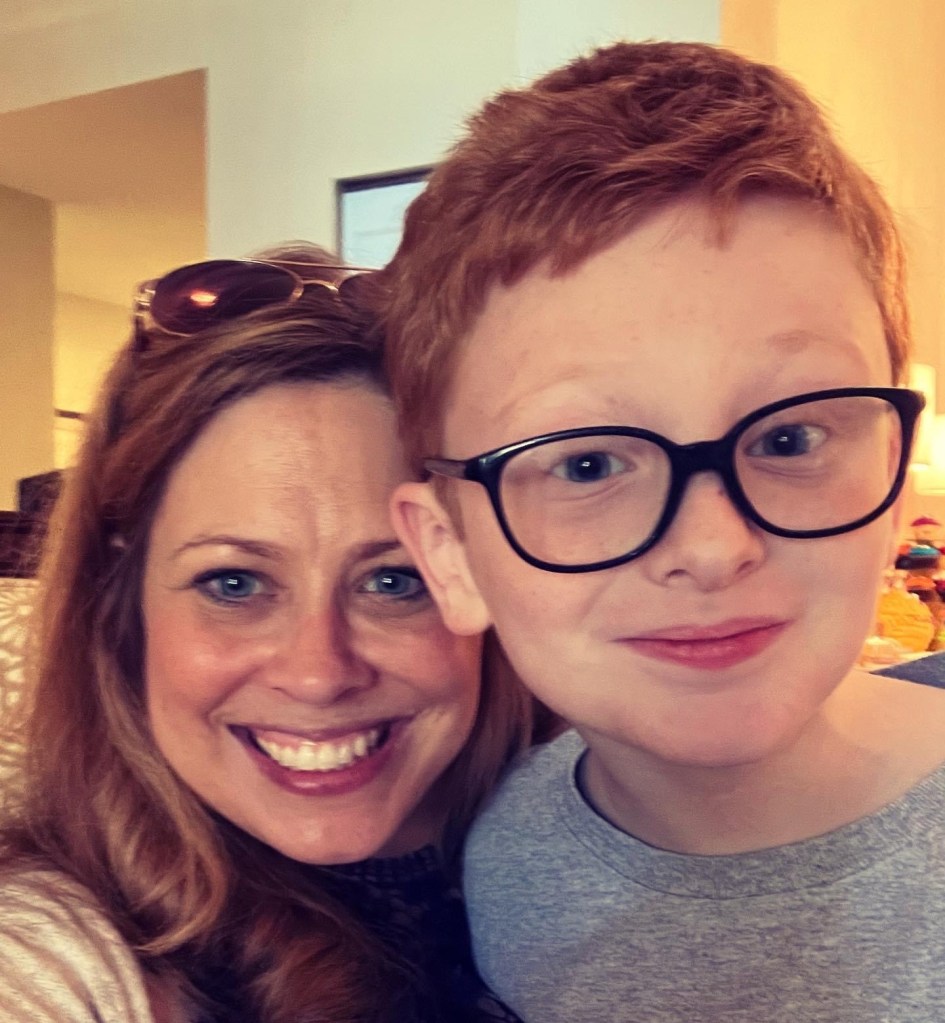Zack Aldrich is a copy editor/page designer at the Maine Trust for Local News.
“I’m sick to my stomach.”
My sister Stephanie texted me shortly after the nation’s commander in chief used his platform to give American women pregnancy advice.
Flanked by Secretary of Health and Human Services Robert F. Kennedy Jr. and Medicare chief Mehmet Oz, President Donald Trump held a news conference on Sept. 22 where he promoted an unproven link between autism and Tylenol.
Federal health officials will now recommend that women limit Tylenol use during pregnancy unless medically necessary, President Trump said.
I am not a scientist and have no medical background. The best I can do is defer to those who are, and who do. The consensus among scientists is that there is scant evidence of a correlation between acetaminophen and the complex developmental condition known as autism — and no evidence of causation.
Dr. Melissa Bowker-Kinley, vice president of physician and advanced practice provider services for MaineHealth Behavioral Health, recently told one of our reporters that about 80% of autism risk is likely genetic. Rather than drugs like Tylenol accounting for the other 20%, it’s more likely that environmental factors such as air pollution or the age of parents are at play, she said.
There’s no way to pinpoint how or when, certainly not why, my 11-year-old nephew has autism.
Personally, I just think something zigged when it should have zagged.
“I can’t even begin to describe how hard it is to have a child with autism,” Stephanie told me over text later that night. “And then to … perpetuate the notion that, wait, actually it was my fault bc I took doctor approved meds for a headache? F–k you.”
My nephew Brady is a goofy, brilliant boy who fills my sister’s days with joy that I see firsthand and heartbreak that I never will.
He has electric red hair, thick glasses, freckles. The ginger is strong with that one. He is not especially conversational, but my sister and Brady’s older brother, who’s neurotypical, make it work. She also has reinforcements in the form of her boyfriend and his three kids, one of whom has been known to put either hand on Brady’s cheeks and speak softly to calm him down.
I’ve never asked Stephanie what it felt like when the reality of Brady’s diagnosis set in. How it must feel to answer on his behalf when family members ask what he wants for Christmas. The lack of eye contact, the same exact questions asked over and over again in five-minute intervals, the piercing screams. It’s her unceasing reality.
But that reality also comes with endless gifts. I’ve seen Brady’s face beam when he’s on top of a horse during equine therapy. I’ve seen my sister’s camera roll on her phone, bursting with hundreds — hundreds — of selfies that Brady has taken, making ludicrous faces he finds hilarious. I’ve seen him recite dialogue in TV shows and video games from memory, a window into his inimitable way of seeing the world.
Defenders of the administration’s recommendation might argue that even the barest suggestion of a correlation between Tylenol and autism would make it worthwhile to avoid the medication. Better safe than sorry.
But research has shown that instructing pregnant women to grit their teeth through pain carries its own risks for both the mother and child.
Dr. Steven Fleischman, president of the American College of Obstetricians and Gynecologists, recently told the Press Herald that “the conditions people use acetaminophen to treat during pregnancy are far more dangerous than any theoretical risks and can create severe morbidity and mortality for the pregnant person and the fetus.”
Tylenol is one of the few drugs recommended for people like my sister, who chose to have children, because it is so safe, Fleischman said.
Several years ago, Stephanie and Brady were walking around their neighborhood. Something upset Brady and he began thrashing his arms and shrieking uncontrollably. Some might call it a meltdown; Stephanie might call it a Tuesday.
An older man who lived nearby heard the commotion and told her to get her son under control. She apologized, and then cried when she got home. But a moment later, the exhaustion and sense of helplessness turned to defiance.
She left Brady with his brother and walked back over to the man’s home, this time knocking on his front door. When he answered, looking perplexed, Stephanie explained that her son has autism, that it’s no one’s fault, and that her neighbor should be more thoughtful in his judgments of others.
The forces bearing down on parents of children with autism are unimaginable.
In a great America, our leaders would be more discerning in the words they choose and the medical advice they promote to a public desperate for answers. Mothers of autistic children should be spared the implication that they did something wrong by following their doctor’s advice on how to alleviate pain.
This past April, Secretary Kennedy pledged “a massive testing and research effort” to determine the cause of autism within five months.
“By September, we will know what has caused the autism epidemic and we’ll be able to eliminate those exposures,” Kennedy said at the time.
It would seem he felt compelled to deliver on this self-imposed deadline.
If we want to understand and conquer autism, we have to choose science over simplistic explanations. Anything less is surrender.

